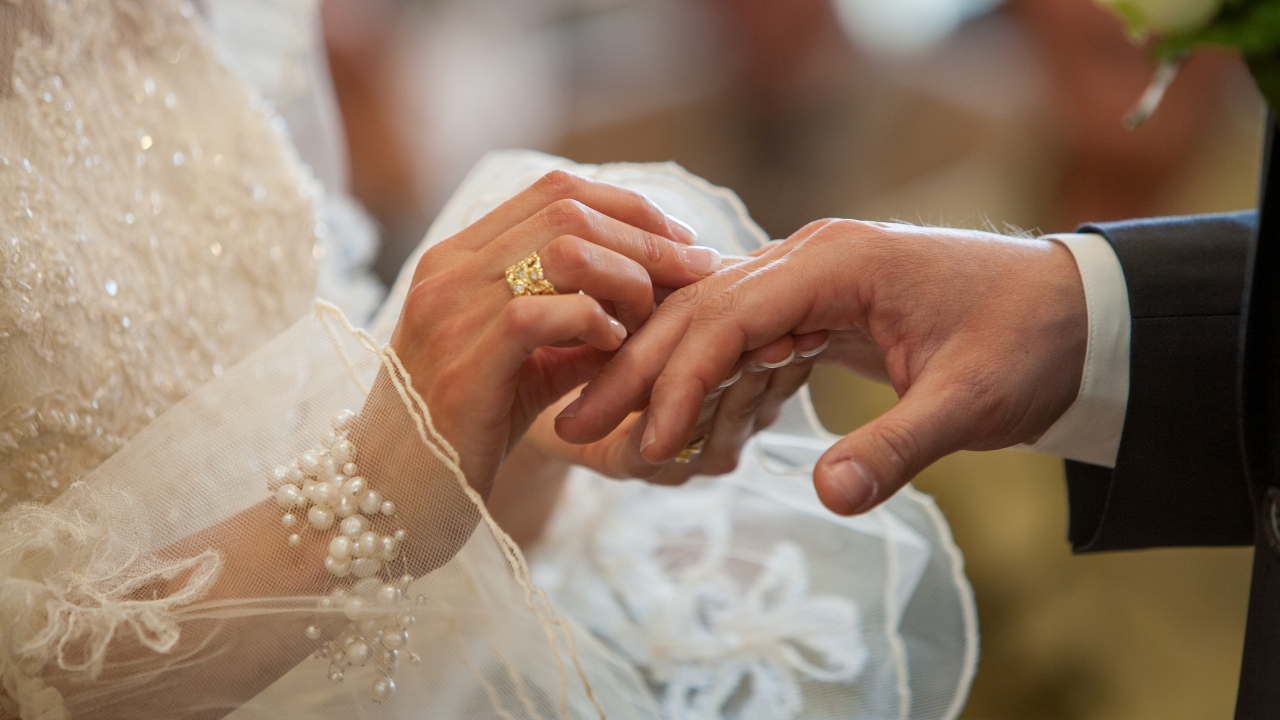As the economy tilts back and forth, Americans are adjusting their spending limits in all different categories, from groceries and shopping to vacations and entertainment.
Another thing on the chopping block: How much they're willing to spend on a wedding.
A national wedding spending survey from New Jersey's Provident Bank and market research firm Pollfish looked into just how much Americans are changing their wedding planning budgets this year due to economic hardship.
Of the 1,000 people surveyed, 85% said the rising costs of weddings would hurt their overall financial well-being, with 53% of respondents already seeking or plan to seek financial guidance to better manage their expectations and expenses.
There were a multitude of reasons these respondents felt pushed to modify their wedding budgets: 31% said they didn't have enough personal savings, 35% said medical or emergency expenses left them without the funds, 17% cited a job loss or financial setback changing their plans, and 29% said they didn't have access to loans or credit.
These reasons are all valid against the other findings from the report, which found almost half of respondents would be relying on their personal savings, and just over 20% either have to take out loans or borrow from their 401(k) accounts.
But the respondents didn't want to fully cancel their wedding plans; they just are having to make some adjustments to stick to the financial plan.
Some are opting for cheaper wedding looks or smaller guest lists, while others are skimping on drinks and decor. About a third of respondents said they chose weekday or off-peak dates, and more than half of respondents said some traditional wedding customs are getting the boot to save them money.
There's also what comes after a typical wedding: The honeymoon. It's typically an expensive trip to a favored or new place for the couple, and it most likely costs a large chunk of change.
But for 33% of respondents, they're skipping it altogether now in an attempt to cut costs where they can.
While budgets vary person-to-person, it's clear one thing remains the same: Wedding costs aren't immune to inflationary impact.







